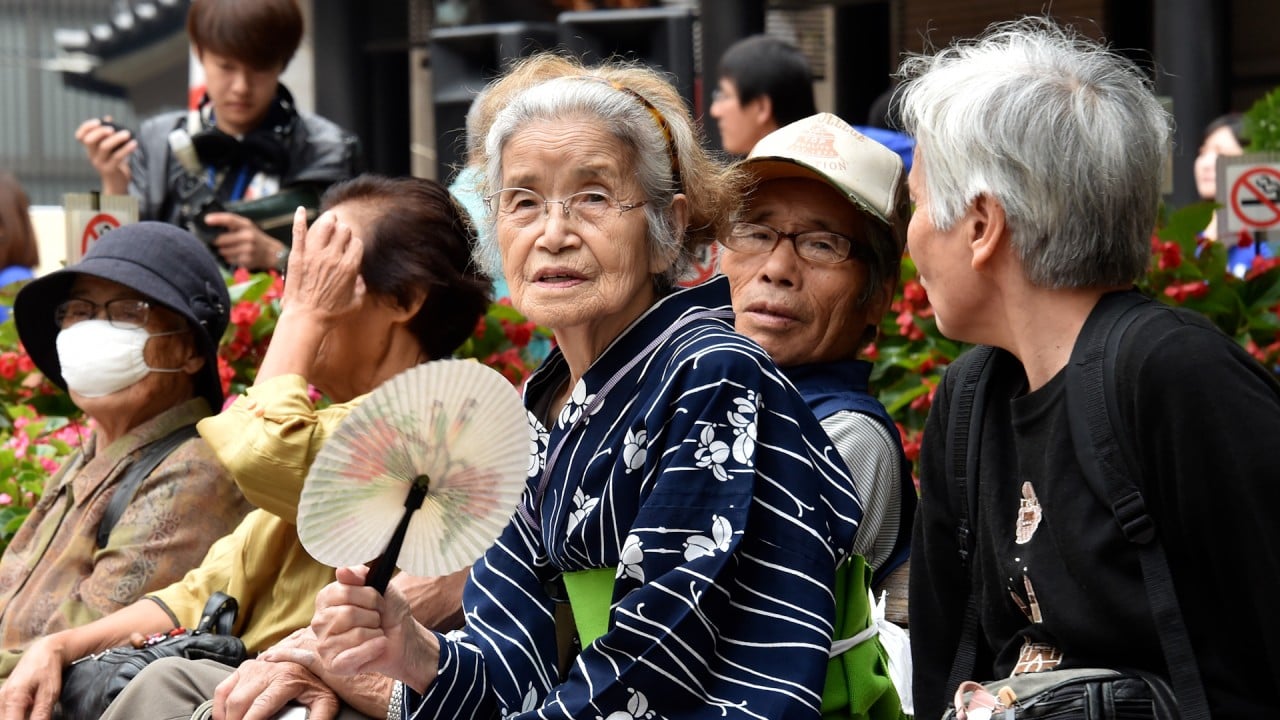The secret to a super long life? Eat less, move more and sit up straight, Japan’s ‘super-agers’ say
- What do Japan’s longest-living people have in common? A researcher reveals four longevity-boosting habits shared by Japanese who reach a ripe old age
- ‘Super-agers’ tend not to eat much meat and spend lots of time with family. But there are other things those who live past the age of 110 do in Japan

Yumi Yamamoto, the Japan research president for LongeviQuest, an organisation that validates the ages of the world’s oldest people and collects their stories, has this year verified four supercentenarians, which are those who live past the age of 110.
This includes Japan’s oldest person, Fusa Tatsumi, who celebrated her 116th birthday in the spring.
She is also the great-granddaughter of Shigeyo Nakachi, who was the second-oldest living person in Japan at the time of her death in 2021.
So, Yamamoto knows a thing or two about longevity, particularly what Japanese people with long lives have in common.
LongeviQuest has verified 269 supercentenarians in Japan, including in Okinawa, one of the world’s so-called Blue Zones, where an unusually high number of people live to be over 100.
Like in other Blue Zones, Japan’s “super-agers” tend not to eat much meat and spend lots of time with family. But they have other longevity-boosting habits which are more specific to the country, Yamamoto said.
